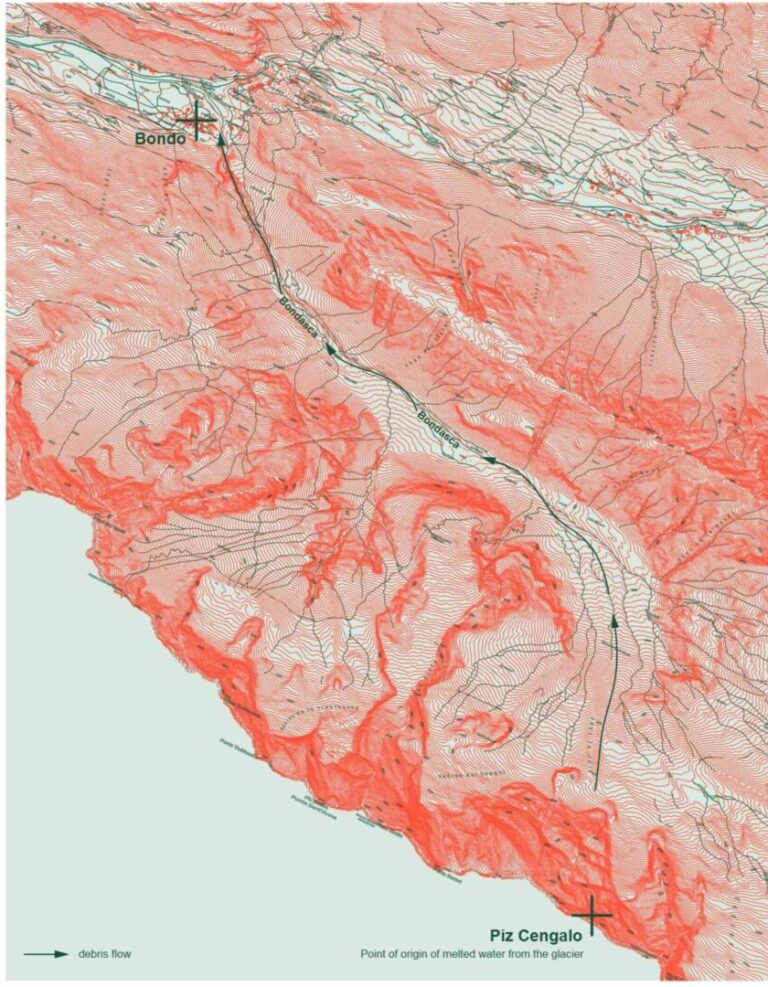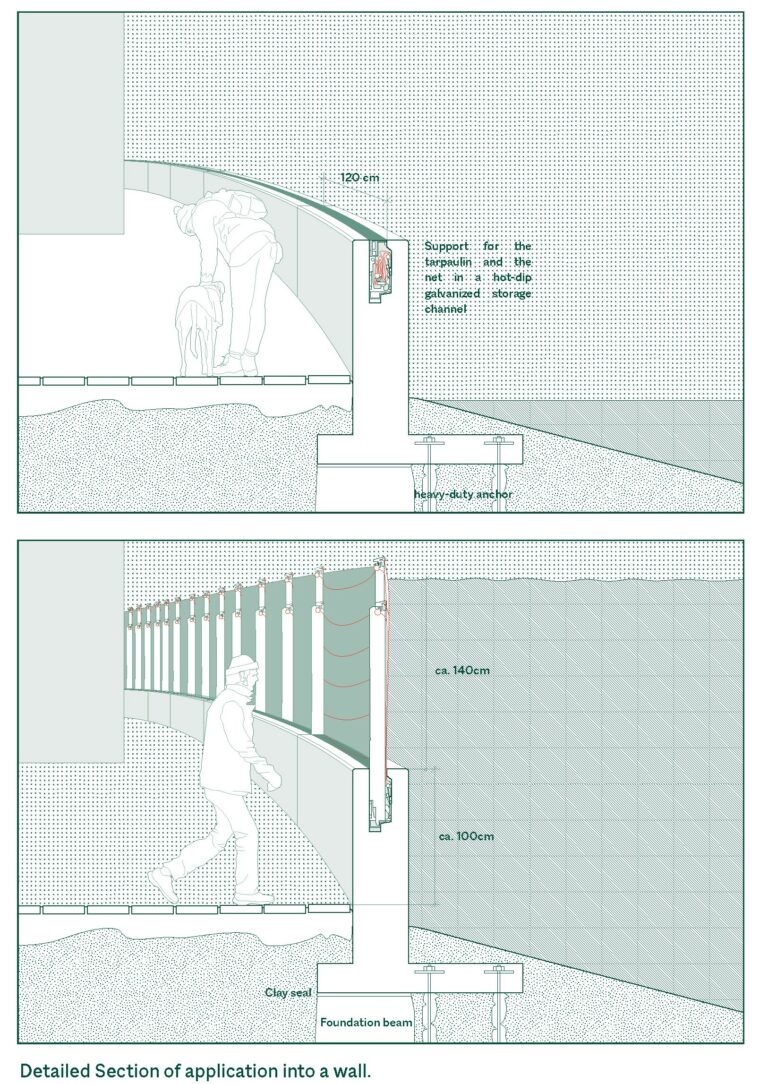The “Flood disaster” project examines the 2021 Ahrweiler floods, highlighting causes, recovery flaws, and advocating sustainable, innovative strategies for long-term resilience.
“You cannot get through a single day without having an impact on the world around you. What you do makes a difference, and you have to decide what kind of difference you want to make.” Jane Goodall
The urgent need for a new mindset within the building culture drives the core the Circular Strategies seminar. As our material world accounts for a substantial portion of global greenhouse gas emissions, with nearly half attributed to building construction, the imperative for change becomes clear. Forecasts predict a doubling of material extraction and flow by 2060, amplifying the urgency to reimagine architectures that seamlessly integrate into circular approaches.
Throughout the seminar, we will delve into the concepts of circularity, such as reuse, adaptation, strategies for post-disaster territories, alongside discussions on biomaterials, deconstruction, waste, and principles of designing for disassembly with a systemic approach essential for crafting a sustainable future. This course will navigate through various scales, from materials and buildings to holistic cityscapes and regional systems. Beyond theoretical knowledge, this seminar offers a platform for students to actively confront their critical thinking and tackle the environmental and human impacts associated
with material management in the built environment. This task serves as a preparatory endeavor aligned with the thematic focus of the upcoming symposium on circular strategies. Activities include lectures, guest lectures, video presentations, discussions, visits, basic research activities, reviews, and presentations.
The seminar setup aims to foster critical thinking, research skills, and creativity among students while encouraging the exploration of the intersection of architecture, design, and circularity within a specific thematic context.
The seminar is open to students from different disciplines in architecture, design, and the arts. Interdisciplinary collaboration in small groups is welcome.
Summer term, 2 semester hours, 3 ECTS, Camille Breuil
Course listing on Base Angewandte

The “Piz Cengalo Landslide” project analyzes the 2017 Bondo disaster, linking geological and climate factors to its causes, assessing socio-economic and ecological impacts, and advocating sustainable, community-driven strategies to strengthen mountain resilience against future geohazards.

